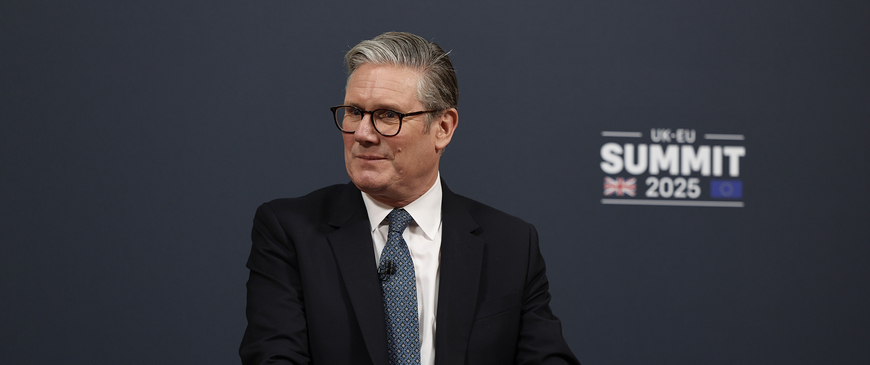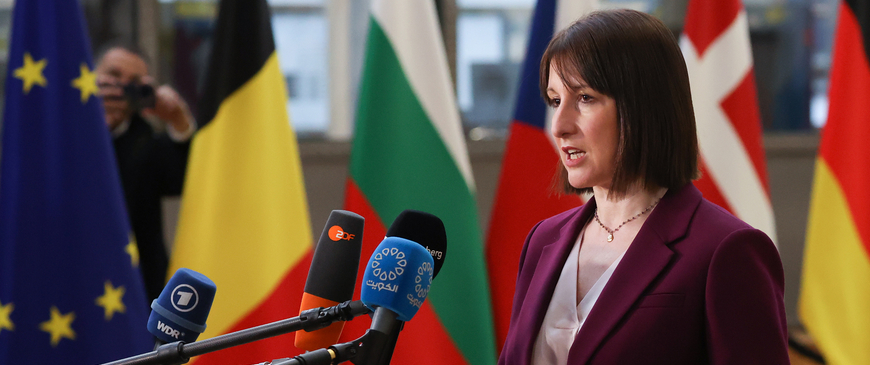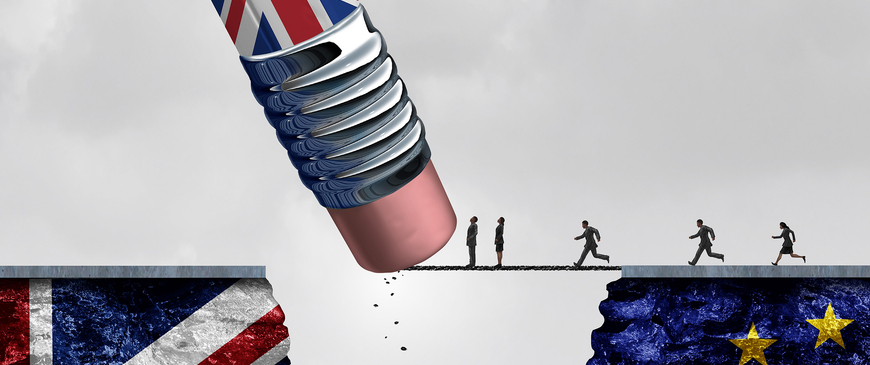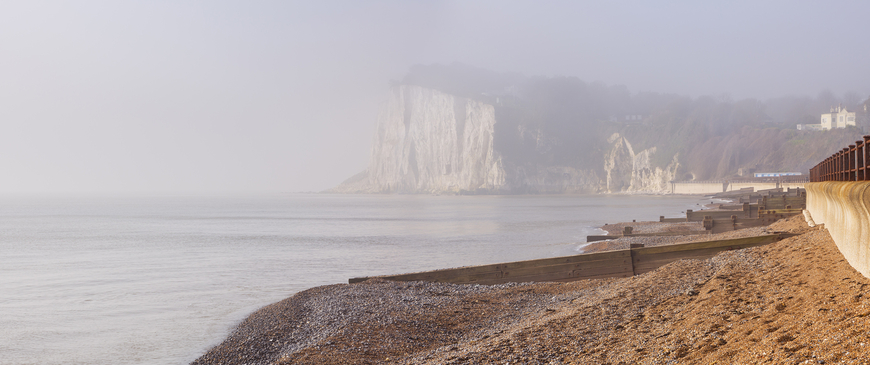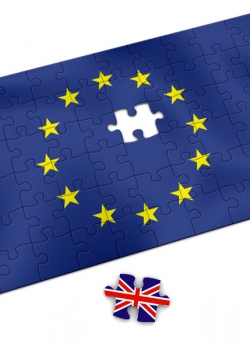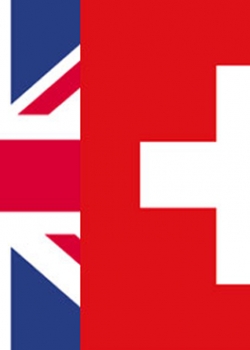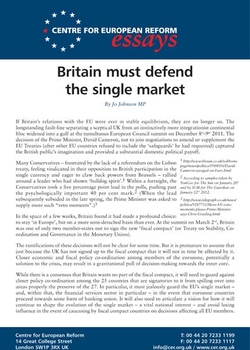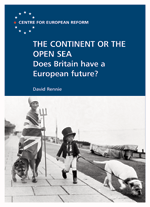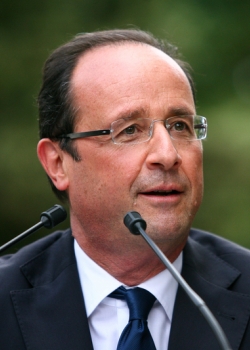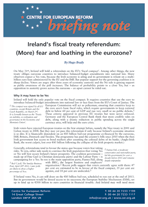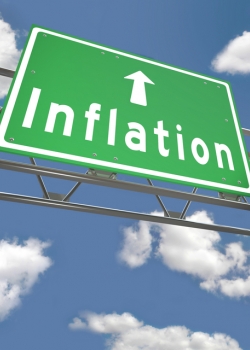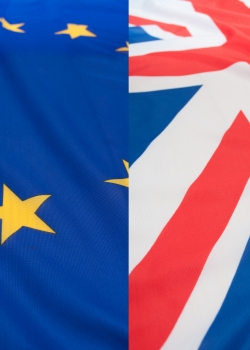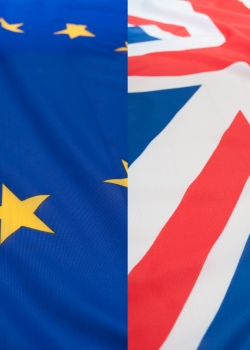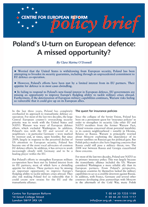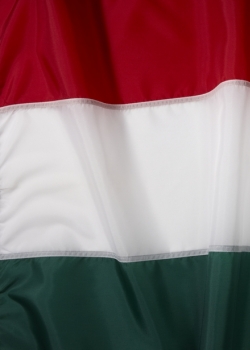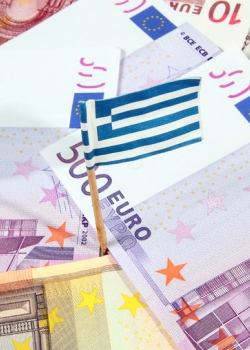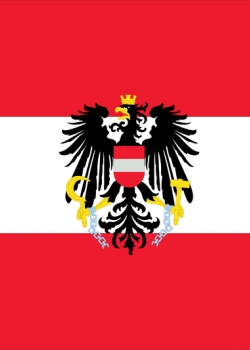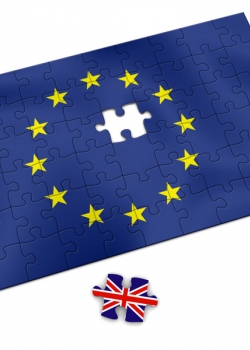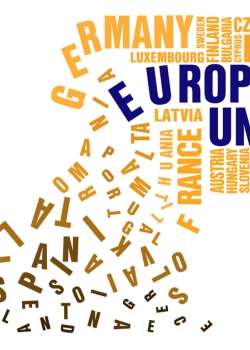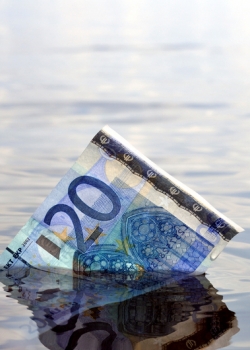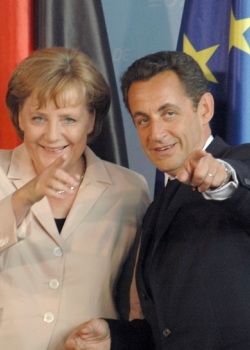Britain & EU member-states
What Central Europe thinks of Britain and why
16 July 2012
Britain's plans to repatriate powers back from the EU require unanimous approval from other member-states. But not even the closest allies are prepared to give it.
Britain should not go Swiss
10 July 2012
Some British eurosceptics want the UK to be like Norway and Switzerland: semi-detached from the EU. They should be careful what they wish for.
Needed: A Franco-German concordat
27 June 2012
The euro needs a Franco-German bargain: Germany must swallow eurobonds and a banking union, while France must let the EU have a say on its budget.
Germany's own goal: Why Berlin's sense of invulnerability will be its undoing
22 June 2012
Germany’s strategy for dealing with the euro crisis is maximising, not minimising, risks to the country’s economic and political interests.
Britain must defend the single market
22 June 2012
A Conservative MP argues that the single market will flounder if the UK is marginalised inside the EU – or if the UK leaves altogether.
The continent or the open sea: Does Britain have a European future?
28 May 2012
The UK has always had a difficult relationship with the EU. Its continued membership of the club can no longer be taken for granted.
How Hollande should handle Merkel
14 May 2012
Can François Hollande persuade Angela Merkel to shift the EU's eurozone strategy away from austerity and deficit reduction, and towards growth and employment?
Ireland's fiscal treaty referendum: (More) fear and loathing in the eurozone?
11 May 2012
Ireland votes on the EU’s new fiscal compact on May 31st. Hugo Brady assesses the chances of a Yes and the consequences of a No.
Germany's choice: Higher inflation or sovereign defaults
09 May 2012
Germany faces a choice between higher inflation or a wave of sovereign defaults culminating in either a transfer union or the collapse of the eurozone.
How to keep Britain in the EU
26 March 2012
At a time when some governments are pushing for a more integrated European Union, the British are becoming more eurosceptic. This contradiction increases the likelihood of Britain eventually leaving the EU – an outcome that, if current trends continue, is thoroughly plausible.
In the short term, Britain's decision in December to...
In the short term, Britain's decision in December to...
Oh no, Orban clone? The EU ponders Slovak elections
23 March 2012
The incoming Slovak Prime Minister Robert Fico is no angel but rumours of Central Europe's capitulation to populism and euroscepticism have been greatly exaggerated.
Issue 83 - 2012
23 March 2012
- How to keep Britain in the EU, Charles Grant
- Stable public finances require stronger business investment, Simon Tilford
- A new political bargain in Afghanistan, Edward Burke
Poland's U-turn on European defence: A missed opportunity?
09 March 2012
In failing to respond to Poland's proposals on EU defence, European governments are missing an opportunity to improve Europe's ability to tackle military crises abroad.
Pressure and tact are the right response to Victor Orban
23 February 2012
The West should not isolate Hungary's Viktor Orban. While some of his instincts are deeply undemocratic, he is also a pragmatist, capable of adjusting course.
Greece's real challenge
03 February 2012
Greece's new bail-out package needs less austerity and more structural reforms. A bloated and immobile public sector remains a drag on growth.
Is Austria the new Finland?
13 January 2012
Germany and France tend to pre-cook euro rescue plans. Smaller EU countries resent being sidelined. Slovakia and Finland have threatened vetoes and demanded concessions. Which country is next?
What Europe's new diplomatic service can do for Britain
10 January 2012
Following a recent agreement on EU foreign policy the UK should not miss an opportunity to use Europe's new diplomatic service to reinforce British interests.
The UK-EU split: The impact on Central Europe
13 December 2011
The UK decision to boycott the new EU treaty has left like-minded countries in Central European in weaker position to resist France's etatist tendencies.
Britain on the edge of Europe
09 December 2011
The Brussels agreement on December 9th will weaken British influence in the EU and could damage the single market.
The French learn followership
30 November 2011
France is backing Germany’s wish for a new treaty to enshrine strict budgetary discipline. In exchange, it hopes Germany will save the euro.

